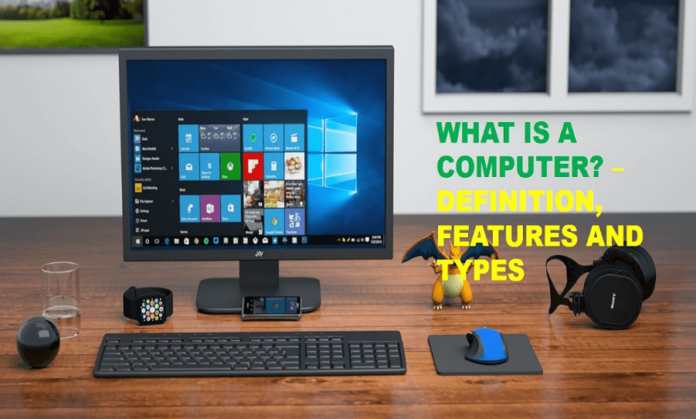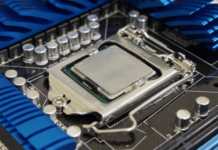If you are considering purchasing a computer system for your small business, you are likely wondering what types and what features are important for your new purchase. There are many different types and qualities of computer systems, each of which have their own benefits. In this article we will discuss the types of computer systems available, their essential features and their benefits. You will also learn about the different computer components. After reading this article, you should be better prepared to make an informed decision when shopping for the best computer system for your small business.
Most small businesses today use computers in order to facilitate the day to day management of their company, grow their customer base and provide support for their customers. The modern day computer allows us to conduct business in such a fast paced environment that our old business models simply no longer work. The need to run and manage multiple computers simultaneously has forced businesses to embrace the technology of social media marketing. Social media enables us to interact with our customers on a much more personal level and allows us to develop more long-term business relationships that will enable us to maximize our potential customer base.
Computer storage devices are becoming increasingly important for our companies’ growth and maintenance. Today’s hard drive allows us to store large amounts of data and enables us to access this data quickly and easily. Hard disk drives can become an extremely valuable business asset to have. Hard disk drives enable us to backup important data that we may no longer be able to access on our own. Hard disk drives also allow us to increase the amount of storage space available on our computers and this allows us to store more information and expand our businesses rapidly.
Another feature growing in popularity is the use of wireless internet connectivity for our small size businesses. Wi-Fi has enabled us to connect to wireless internet access points without having to build expensive WAN or LAN connections. With the popularity of mobile computing, many small size businesses are also now turning to mobile computing. Mobile computing enables us to place our laptops, netbooks, PDA or other small electronic devices into a small size tablet computer which can then be used like a portable laptop or netbook. This portable device connects to the internet using a mobile broadband connection and documents, photos, videos and other files can be transferred from the small size device to the larger, stationary screen of a laptop or other computer.
Wi-Fi Direct enables us to send and receive data between a laptop and a larger, stationary computer through a USB port. Wi-Fi Direct allows us to use Wi-Fi Direct which is an open source software stack to enable communication between a laptop and a microcomputer. With the implementation of Wi-Fi Direct, a laptop becomes its own miniature WLAN. The advantage of having a small WLAN is that it can reduce the power usage and power management needed by a desktop computer and reduces the amount of wire connections necessary for a given set of instructions. This simplifies the communication between the microprocessor and the computer.
These small size computers are ideal for many different types of applications ranging from file sharing to remote user training. Small size also provides more portability while allowing us to have access to more programs at once without slowing down the performance of the application. The integration of a USB port on the motherboard of these mini-computers makes them extremely easy to transport from one location to another. You can easily take your microcomputer with you while travelling to different areas whether at home or at work.








